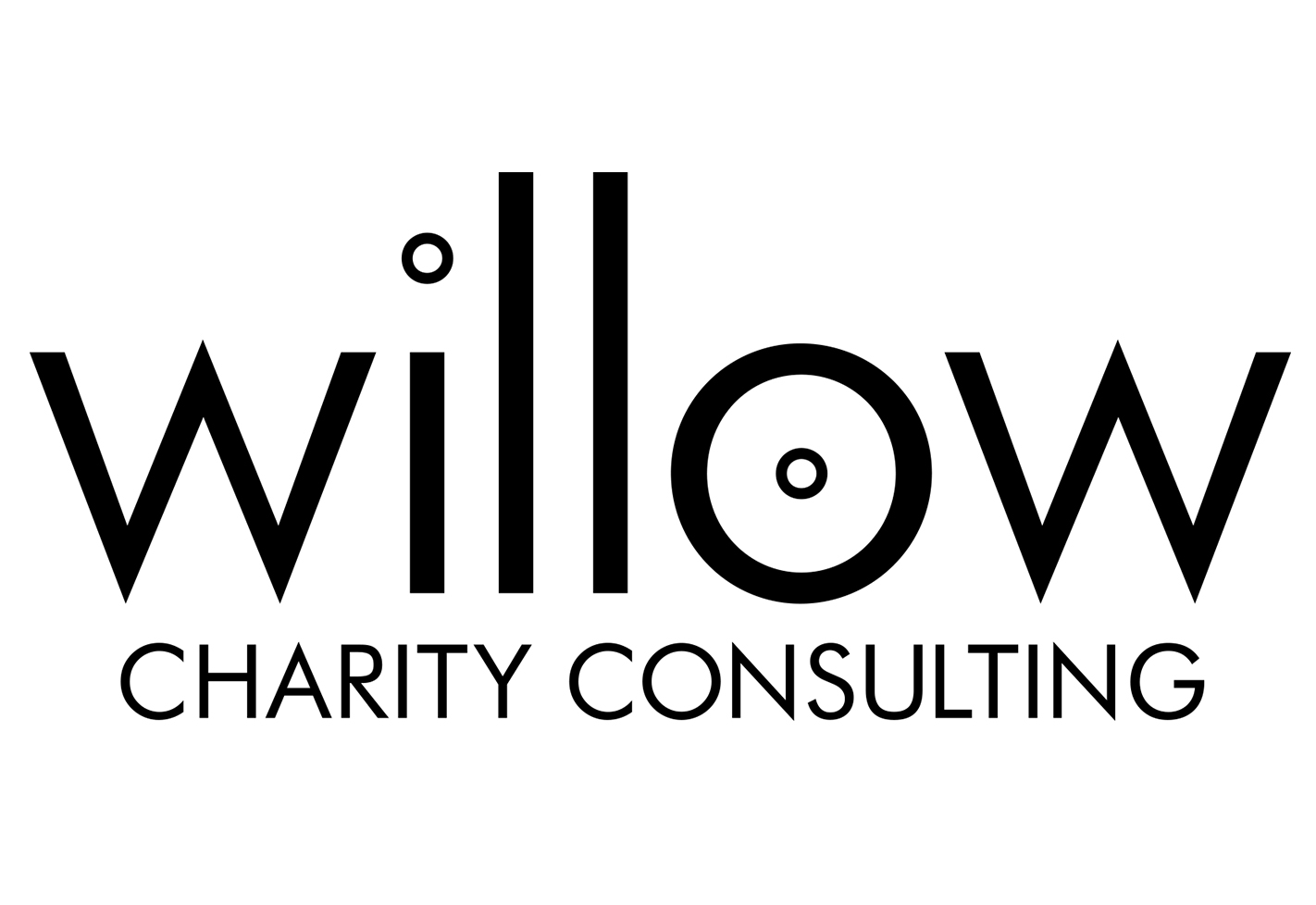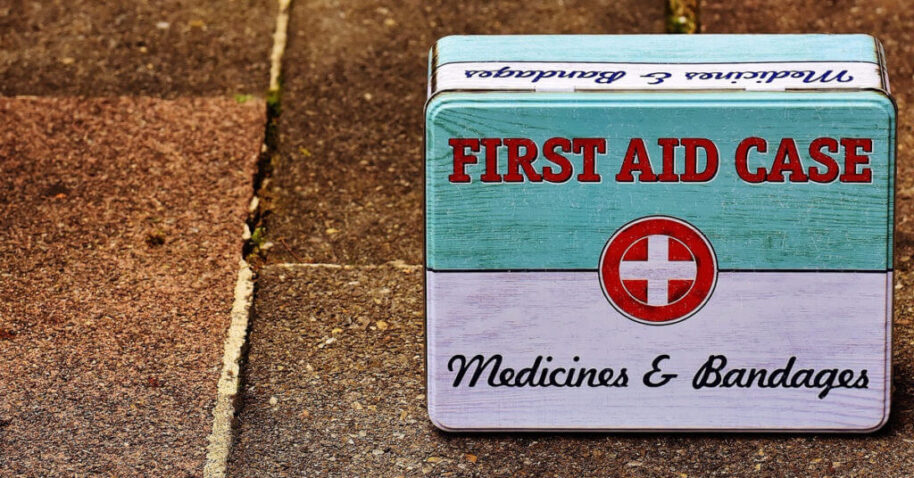Health Check Series Part 1
Through my work with small-to-medium charities, I have discovered:
- Most of the people involved in the charity are invaluable: hard-working, passionate and dedicated.
- The charity’s governance and organisational effectiveness are often not up to Charity Commission standards.
The work that small-to-medium charities do is fantastic, but resources are always limited and operational priorities and lack of specific expertise may push organisational and governance factors to the bottom of the in tray. Everything may seem like it’s working well, but problems inevitably arise as the charity grows or if something goes wrong.
“We’re too small a charity to worry about policies and procedures.”
“The Charity Commission has never said we’ve done anything wrong, so everything must be right.”
“Everyone here uses their common sense – we don’t need to put any of our processes down on paper.”
These are three verbatim comments I have received from those at the Board and executive level of small to medium charities when discussing concerns about organisational effectiveness and charitable governance.
In all cases, these charities appeared to be functioning day-to-day. They were helping their beneficiaries and furthering their cause. However, they were failing to win significant grant, government and corporate funding and had unknowingly breached many Charity Commission rules and standards. All had problems with staff morale and one was facing imminent bankruptcy despite the Board being unaware of any problems. I took all three through a comprehensive Charity Health Check which highlighted all the areas for concern. Two of the three took the steps I identified to redress their problems and achieved expansion, considerably increased funding and a significant increase in beneficiary numbers.
Charities need to ensure they are functioning in a wide range of important areas.
- A healthy charity will have policies, practices and procedures in place that align with Charity Commission guidance in the following areas:
Annual reports. Charity Commission annual reports can reveal a multitude of problems and often say a lot more to potential funders than charities realise. - Organisational Systems and Standards. This isn’t only about the full suite of office policies, but also a clear and current strategic plan, effective monitoring and evaluation for all activities and appropriate operations manuals.
- Staff Management and Performance. Up-to-date human resource policies, appropriate staff contracts and an effective performance management are basic necessities for a healthy charity.
- Governance and the Board of Trustees. As a starting point, the Board should be functioning effectively and in accordance with its constitution, while also meeting Charity Commission standards and keeping appropriate records.
- Finances. Charities should meet a wide range of additional financial standards, including maintaining reserves, ensuring appropriate reporting, and following Charity Commission guidance around the management of charitable funds. Checks and balances are also very important, and can be particularly challenging in small charities.
- Fundraising. Raising funds is an important activity for charities, but it should never take over from the charity’s actual work towards its cause. Fundraising should be well-planned, executed appropriately, overseen and evaluated.
- Communications. Small to medium charities may struggle to create a coherent communications approach, but at a minimum there should be policies around social media, broader marketing and the overall brand.
- Partnership Working. Charities can and do compete, but they are also expected to collaborate where appropriate. How the charity works with others is an important consideration.
- Volunteers. Volunteers are the lifeblood of many charities, but too often they are either treated like unpaid staff members or ignored entirely. Volunteers should be managed and overseen appropriately and their contributions recorded and recognised in charity records.
Over the coming weeks, I will release a more detailed piece about each of these areas, with advice and suggestions for small-to-medium charities.
 If you are interested in undertaking a Health Check for your charity, which includes a review of all the issues raised in this piece, please get in touch with me, Felicia Willow, at Willow Charity Consulting.
If you are interested in undertaking a Health Check for your charity, which includes a review of all the issues raised in this piece, please get in touch with me, Felicia Willow, at Willow Charity Consulting.
Keep an eye out for more articles in my Health Check series.

